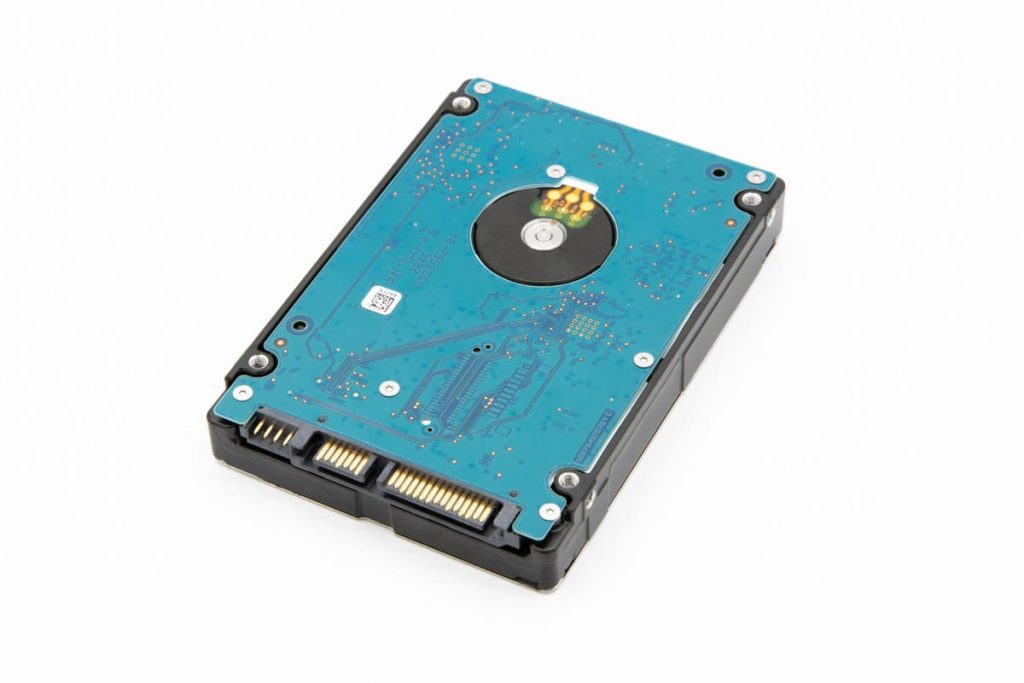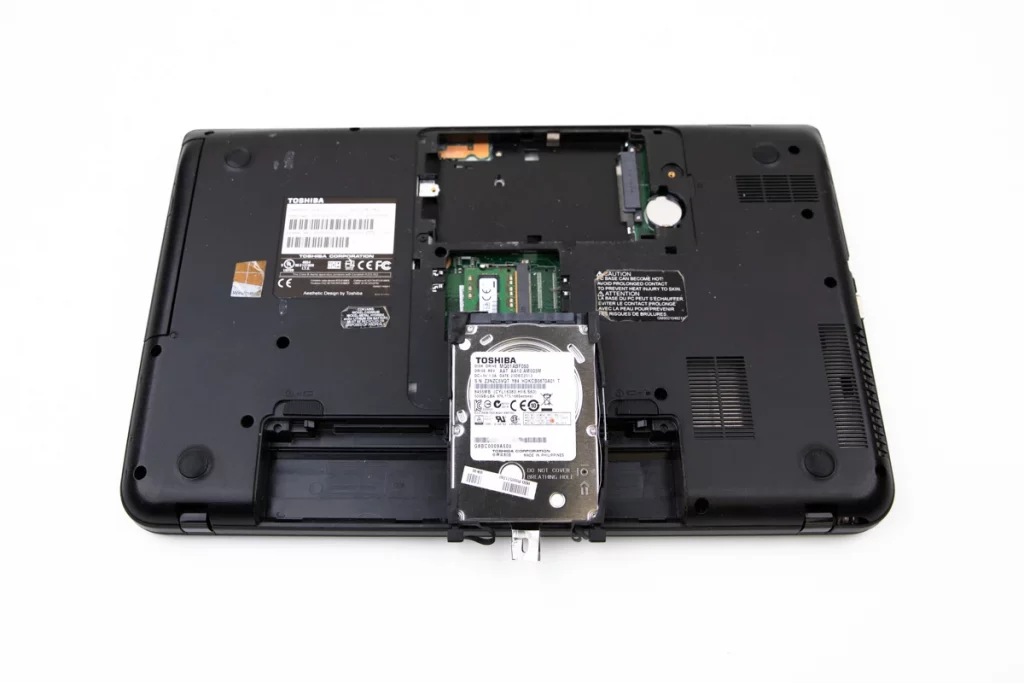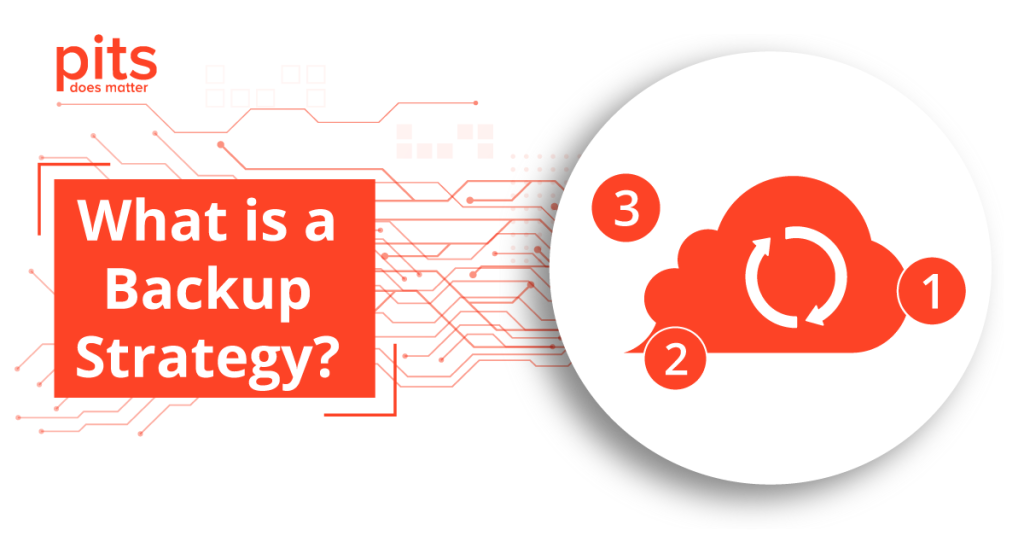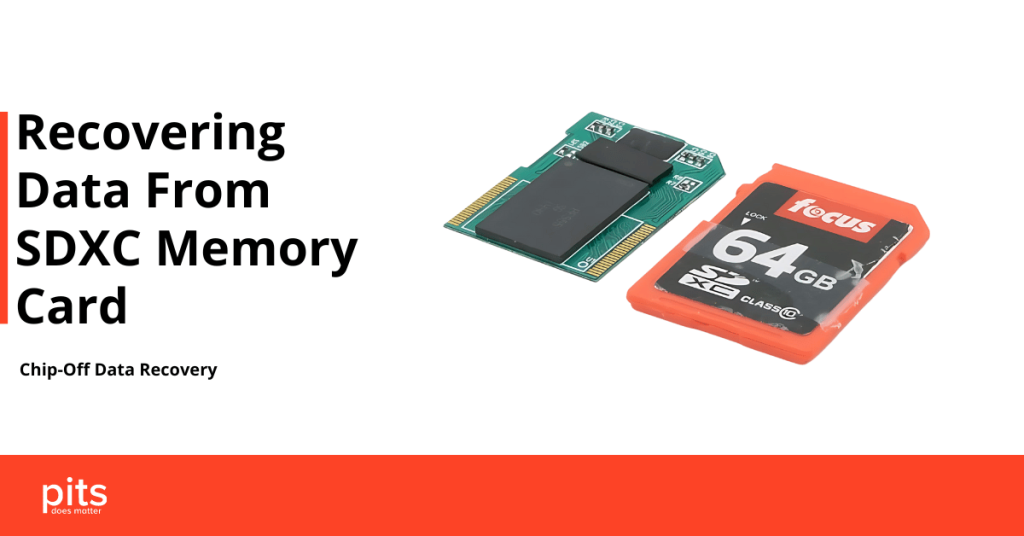“Why does my computer keep crashing?” is a common question many users ask when faced with recurring disruptions in their system’s functionality. Various causes, including hardware failure, software conflicts, insufficient memory, or malware, can be attributed to this problem. Understanding these possible triggers is the first step towards troubleshooting and resolving the issue, thus restoring your computer’s stability and performance. However, sometimes our computers fail us, and a computer crash is one of our most frustrating issues.
Causes of Computer Crashes
Computer crashes can often be caused by hardware complications, with overheating being one of the most common factors. When internal components generate excessive heat and the cooling system fails to dissipate it effectively, the computer may freeze or shut down as a protective measure. Another hardware-related cause can be hard drive failure, where the computer crashes because it’s unable to access the data it needs to operate.
Hardware Issues
Hardware issues are one of the most common reasons computers crash. Your computer comprises many components, including the CPU, RAM, external memory, and motherboard.
If any of these elements are faulty, your computer can crash. For example, if your hard drive fails, your desktop or laptop computer can crash frequently. You can check the health of your hard disk drive using software tools.
Similarly, if your computer’s RAM is faulty or not installed correctly, it can cause it to crash. To check if your RAM is the issue, try removing one stick of RAM at a time and seeing if the crashes stop. If they do, you have identified the problematic RAM stick.
Another common hardware issue is overheating. When your computer’s components get too hot, it can crash. You can monitor your computer’s temperature using system tools. If your PC is overheating, you can try cleaning its fans and vents or investing in a better cooling system.

Software Issues
Software issues can also cause your PC or laptop to crash. One of the most common software issues is a virus or malware infection. Malware can cause your computer to crash or run slowly. Moreover, it can steal your personal information.
Installing dependable antivirus software and exercising caution while uploading and downloading files from the internet to protect against malware is important.
Another common software issue is outdated device drivers. Drivers are the software that allows your computer’s components to communicate. If your drivers are outdated or not installed correctly, it can cause your computer to crash. You can check for updates on your drivers manually by visiting the manufacturer’s website.
A conflict between different programs can also be a cause of PC crashes. If you have multiple, incompatible programs running simultaneously, it can cause your computer to crash. To avoid this, ensure that all your programs are up-to-date and compatible.
Power Supply Issues
Your computer’s power supply provides power to all its components. If your power supply is failing, it can cause your computer to crash. Signs of a failing power supply can include random crashes or reboots and strange noises coming from your computer. If you suspect your power supply is failing, replacing it as soon as possible is important to avoid further damage to your computer’s components.
Overclocking
Overclocking is increasing your computer’s clock speed to achieve better performance. While overclocking can boost performance, it can cause your computer to crash incorrectly.
Overclocking can cause your device to overheat or put too much strain on your components. If you are experiencing crashes after overclocking, it is important to revert your clock speed to its original setting.

Computer crash is a frustrating problem. Computer crashes have many potential causes, from hardware issues to software conflicts. By identifying the cause of your computer crashes, you can take steps to solve the problem and avoid computer crashes. Whether it is cleaning your computer’s fans or updating your drivers, you can take many simple steps to keep your PC device operating.
Computer Crashes Randomly - What to Do
Computer Crashes Randomly can be extremely frustrating and disruptive, especially when you’re in the middle of important work. First and foremost, it’s crucial to identify whether the crash is due to a software or hardware issue. Keep your operating system and all applications up-to-date to prevent software-related crashes. If the problem persists, running a malware scan or checking for conflicting software might be worth it. For hardware-related crashes, check for overheating issues or consider running a diagnostic test to check the health of your hard drives. Remember, regular system maintenance is key to preventing random computer crashes.
- Check for updates: Ensure your operating system, drivers, and applications are current. Check for updates manually or set your system to check for updates automatically.
- Run a virus scan: Malware can cause your computer to crash. Use antivirus software to scan your system for viruses and remove any threats.
- Check for overheating: Ensure the cooling system is functioning correctly, and clean the vents and fans to ensure proper airflow.
- Test hardware: Faulty hardware, such as a failing hard disk drive or a defective RAM module, can cause crashes. Use diagnostic software to test your hardware and replace any failing components.

- Uninstall recently installed software: If the system crashes after installing new software, uninstall it to see if that solves the issue.
- Restore to a previous state: If the system crashes after installing new software, uninstall it to see if that solves the issue.
- Restore to a previous state: If the problem started recently, try restoring your computer to an earlier restore point when it was functioning properly.
- Seek professional help: If you have tried all these steps and your computer keeps crashing, it may be time to seek professional help. A technician can diagnose and resolve the issue.
Benefits of Our Services for Crashed Computer
Data Recovery for Crashed Computers is essential in mitigating losses from unexpected system failures. It entails extracting information from storage media that is damaged, faulty, corrupted, or inaccessible, preventing normal access.
We understand the frustration and stress of a crashed computer. Losing valuable data can be devastating, especially for businesses relying on computer systems. That is why we offer data recovery services to help you recover your important files and get your system up and running again.
Our team of recovery specialists has years of experience in data recovery, and we use the latest technology to recover data from crashed computers. Every case is unique, so we offer various data recovery services to meet your needs.
Why Choose Us
PITS Global Data Recovery Services delivers premium data recovery solutions with a focus on quality and individual care for every case. As a DUNS-verified business, we are committed to excellence, ensuring 100% customer satisfaction. Our tailored service options suit a range of recovery needs and budgets. For critical situations, we offer emergency data recovery, restoring data quickly and reliably without compromising quality.

If you’re facing a data loss situation, don’t hesitate to contact us. Our 24/7 data recovery services are available to you, 365 days a year. Let us help you recover your precious data today.

We start the recovery process with a risk-free evaluation. Our technicians estimate reasons for data loss and the level of damage. Based on it, we select the most suitable recovery strategy.

With years in the data recovery industry, our company supports the highest customer satisfaction rate. We do everything to provide a positive experience for our clients.

During our remote customer file verification session, you will thoroughly review all necessary documents and records to ensure accuracy and compliance.

We offer data recovery services from over 50 locations across the US. This means that no matter where you are located, you can access our services to recover the data.

With our certified data recovery services and 99% success rate, we are confident that we can recover your precious data and get you back up and running in no time.
Our team can provide physical data recovery services if your computer has suffered physical damage, such as a broken hard drive or motherboard. We use a state-of-the-art cleanroom and specialized equipment to recover data from damaged hardware.
Our team can provide logical data recovery services if your computer has suffered from logical damage, such as a virus or file corruption. We use advanced methods to recover data from corrupted or damaged files.
We also offer emergency data recovery services for businesses that need their data recovered as quickly as possible. Our team can work around the clock to recover your data and minimize your business’s downtime.
We prioritize the security and confidentiality of your data. Our company takes every precaution to guarantee that your data remains private and secure throughout recovery.
There’s no need to worry if you encounter a computer crash or data loss scenario. Contact PITS Global Data Recovery Services for dependable and professional data recovery solutions.
Frequently Asked Questions
What is PC crashing?
PC crashing is when a computer suddenly stops functioning and becomes unresponsive, losing ongoing work or data. It can happen for various reasons, such as hardware failure, software conflicts, insufficient memory, or malware.
How do I stop my computer from crashing so much?
PC crashing refers to unexpected and abrupt computer functionality interruptions, resulting in system instability or shutdown. Hardware failures, software conflicts, insufficient memory, or malware often cause it. Revising your operating system and applications is crucial to avoid frequent computer crashes.
Why is my PC crashing if it's not overheating?
Your computer may still be crashing due to other hardware or software issues, such as incompatible programs or corrupted files. It is necessary to troubleshoot and determine the root cause of the crashes before attempting any solutions.
Does crashing a PC damage it?
Repeated crashes can cause hardware damage to a computer, especially if the root cause is overheating or other hardware failures. It is important to address any recurring crashes promptly to avoid damaging your system. Overall, it is always better to prevent crashes from happening in the first place through regular maintenance and updates. So make sure you take good care of your computer to avoid any potential damage.
Can viruses crash your PC?
Viruses can cause your PC to crash. They can damage or corrupt important system files, interfere with the functioning of other software, and even overload your computer’s memory or processing power. Having reliable antivirus software and regularly running scans is essential to prevent and remove any viruses causing crashes. Additionally, practicing safe browsing habits and being cautious when opening email attachments can help prevent viruses from crashing your PC.
How do I prevent my gaming PC from crashing?
Gaming PCs require high processing power and often run demanding games that can push the system to its limits, resulting in crashes. To prevent this, ensure your hardware meets the minimum requirements for gaming and is properly cooled to avoid overheating


